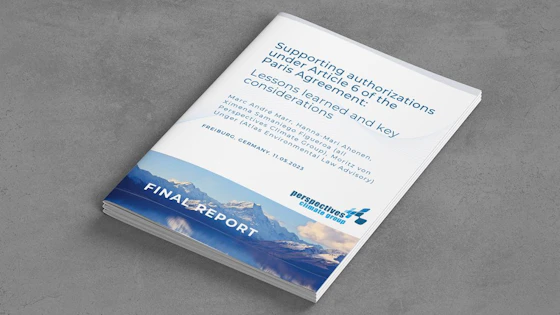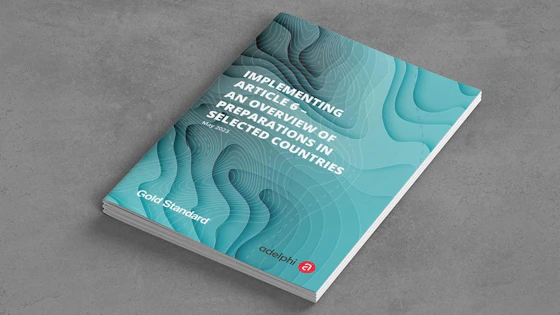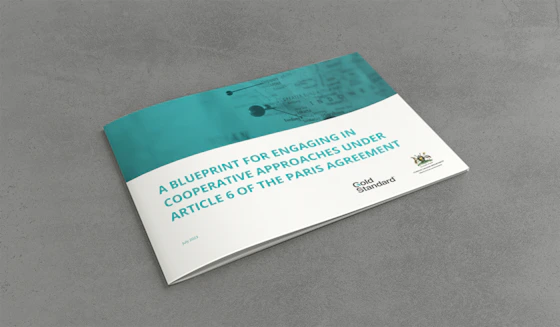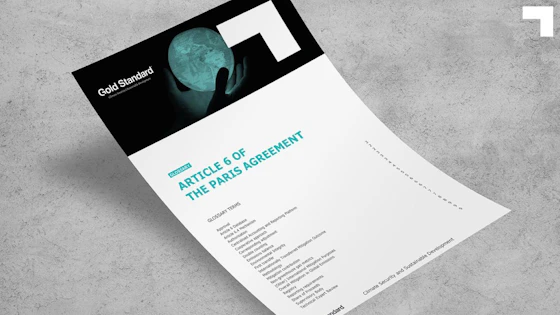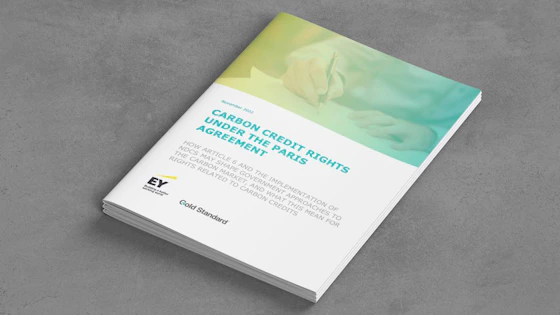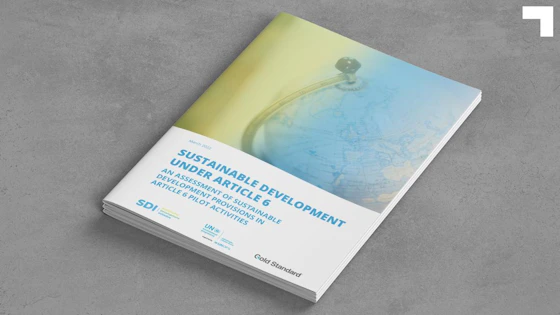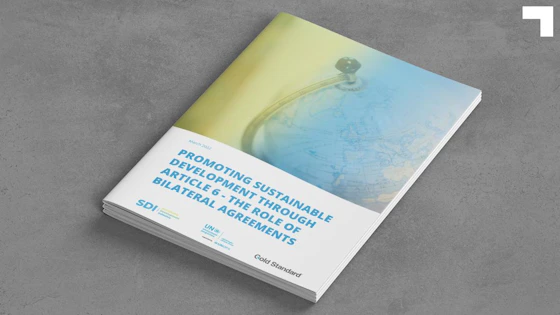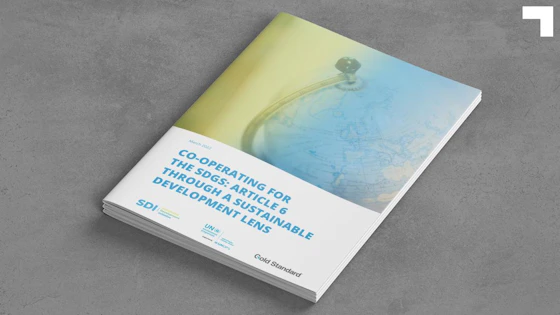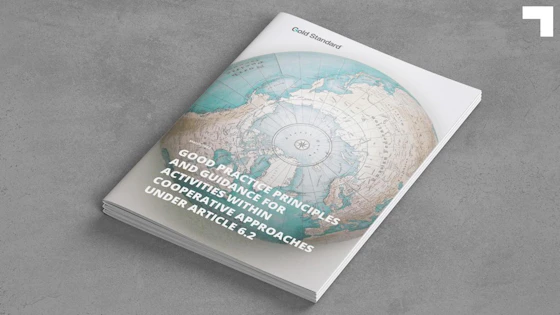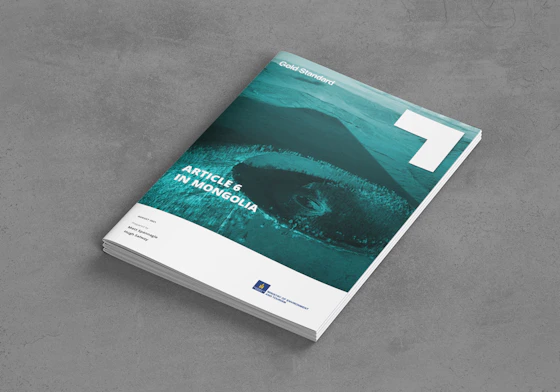With aviation emissions from international flights falling outside of the scope of nationally determined climate action, the member states of the International Civil Aviation Organisation (ICAO) in October 2016 made the decision to adopt a global market-based mechanism for aviation emissions, termed the Carbon Offsetting and Reduction Scheme for International Aviation (CORSIA).
CORSIA, one of a basket of measures adopted by ICAO is a global market-based scheme, whereby airlines and aircraft operators can compensate increases in CO2 through the use of carbon credits.
The implementation of CORSIA has been divided into three phrases. The pilot phase (2021-2023) and first phase (2024-2026) are both voluntary, with the final mandatory phase being launched from 2027.
Currently CORSIA only applies to international flights between states that have volunteered to participate. From 2027, all international flights will be included, with exceptions for:
- Least development countries, small island developing states and landlocked developing states (as defined by the UN)
- States that have a very small share of international traffic
Gold Standard certified projects are eligible to supply CORSIA Eligible Emissions Units for the pilot phase (2021-2023 compliance period) and first phase (2024-26 compliance period) according to the eligibility parameters set out in the ICAO document “CORSIA Eligible Emissions Units”.
CORSIA eligible Gold Standard-certified credits are labelled in the Gold Standard Impact Registry, and can be searched for using the filter function.

